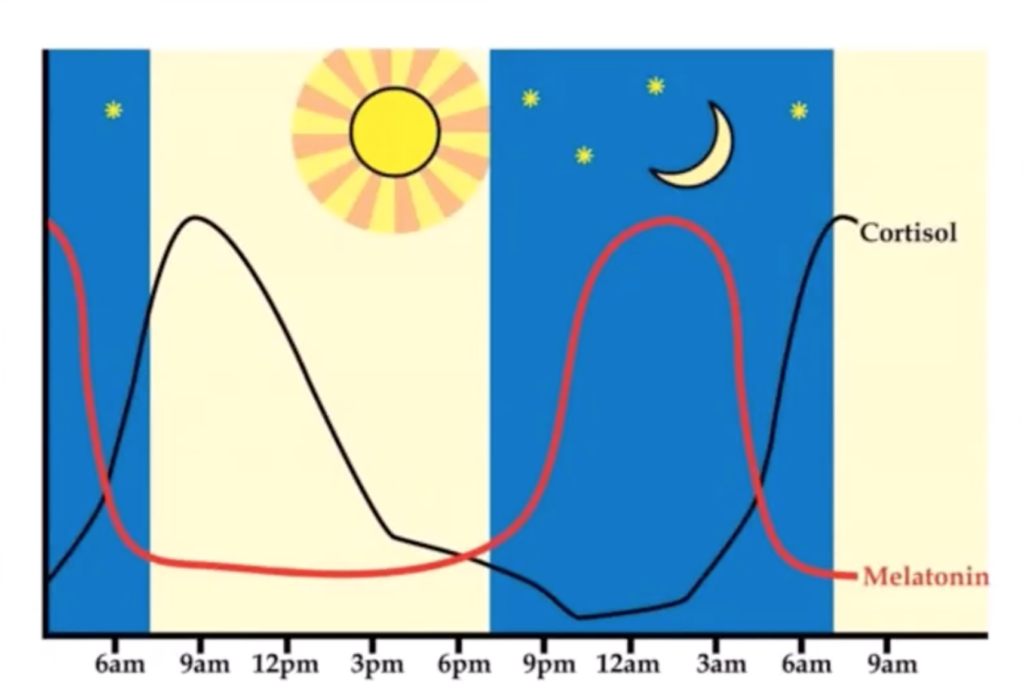Sleep is an important part of our physical health and mental wellbeing. It’s a time of rest and recuperation when our body repairs itself and our mind processes all the stimuli we receive during the day. We all know we’re supposed to get at least 8 hours sleep per night, yet most UK adults only average around 6. The increase of stressors and screen-time in modern life mean we’re getting less sleep than ever, and by falling out of sync with life’s natural cycles, we may be inadvertently causing havoc with our hormones and health. In this blog we’re looking at stress, sleep problems and some of the ways Chinese herbal medicine can help.
Why sleep is so important
In the short term, a lack of sleep can make us irritable and raise our stress levels. Over the longer term, sleep deprivation can accelerate the ageing process and has also been linked to a range of physical health conditions such as heart disease, diabetes and obesity, as well as neurological concerns like dementia and Alzheimer’s disease.
Sleep and natural cycles
Just as Yin and Yang are the underlying principles of Chinese medicine, the balance of light and dark are key to getting a good night’s sleep. If you have trouble sleeping, it’s a good idea to avoid artificial light and technology in the evenings: the blue light from electronic devices suppresses the production of melatonin, the hormone that regulates sleep, and activates the release of cortisol, a key hormone in our stress response. Melatonin and cortisol work together to regulate our pattern of sleep and wakefulness, so by disrupting their production with artificial light, we’re more likely to experience sleep imbalances.

‘Covid–somnia’
From insomnia to nightmares, the phenomenon of ‘Covid-somnia’ is being reported not only by those recovering from the virus, but also by people whose lives are being affected by fear, anxiety and depression. And while the use of prescription medication for insomnia may be on the rise, as well as the practise of self-medicating with sedatives like alcohol and cannabis, these approaches can be harmful when used over the long term. Thankfully, there are natural ways to address sleep imbalances, including with Chinese herbal medicine.
Chinese herbs that support better sleep


Stress, sleep problems and Chinese herbal medicine
By asking detailed questions about a patient’s health, wellbeing and lifestyle, a practitioner of Chinese herbal medicine can establish the root cause of any specific stressors and sleep imbalances. The heart, kidneys and liver are the main organs relating to sleep issues, and problems are typically caused by blood or qi stagnation. For example, those with liver blood deficiencies will have no trouble falling asleep, but may regularly wake up at 3:00am when the liver is at its most active. Whereas those with heart blood deficiencies tend to have more difficulty drifting off, but find it easier to stay asleep. Once the root cause of the specific issue or imbalance has been established, an appropriate course of herbal medicine can be prescribed.
Online consultations
If you’re struggling to sleep – whether you have difficulty drifting off or find yourself waking up in the middle of the night – a personalised consultation with a licensed practitioner of Chinese herbal medicine can help get to the root of any issues and imbalances. After having a confidential appointment in the comfort of your own home, your natural Chinese herbs will be delivered to your door within 24 hours (if in the UK). Book your appointment here.
